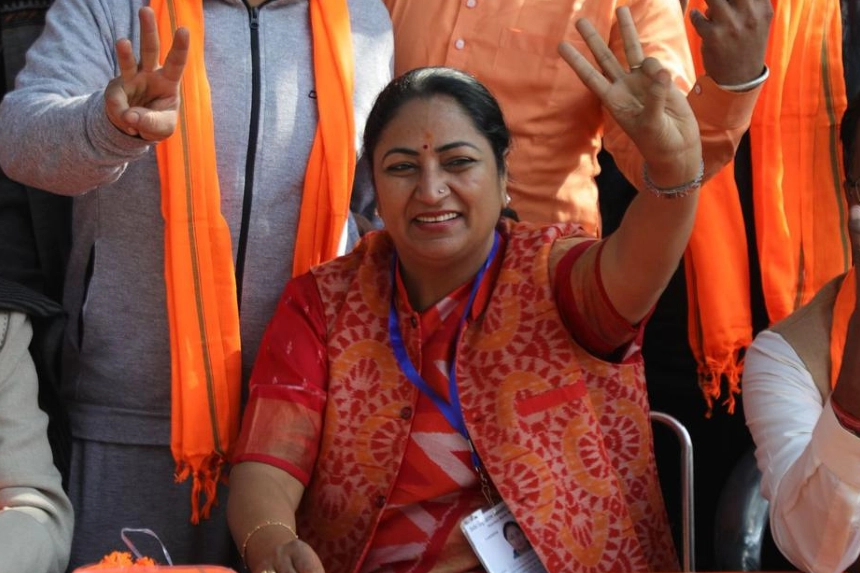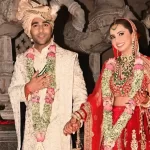The Bharatiya Janata Party (BJP) has returned to power in the nation’s capital after nearly thirty years, with Rekha Gupta taking the oath of office as Chief Minister of Delhi. She is 50 years old, a first-time member of the Legislative Assembly (MLA), and a former municipal councilor. Her unexpected elevation to this position aligns with BJP’s approach of promoting relatively lesser known leaders often dubbed “dark horses” into prominent political roles.
BJP’s Dark Horse Approach
BJP has a history of choosing leaders with limited public visibility but strong party rots. Mohan Yadav from Madhya Pradesh, Bhajan Lal Sharma from Rajasthan, Vishnu Deo Sai from Chhattisgarh, and Nayab Singh Saini from Haryana are among the individuals it has previously chosen. These choices frequently take into account the support of the general public, caste dynamics, and Prime Minister Narendra Modi’s popularity.
Gupta’s appointment follows the same pattern. She surpassed senior BJP figures like Parvesh Verma and Vijendra Gupta, both of whom had been considered frontrunners. While Vijendra Gupta had repeatedly held the Rohini seat, Verma, a former MP and the son of former Delhi Chief Minister Sahib Singh Verma, had been a formidable opponent.
Rekha Gupta’s Political Journey
Rekha Gupta is the only female head of an NDA-run state and the fourth woman to serve as chief minister of Delhi. Sushma Swaraj was the last BJP leader to occupy this position, but she was only in office for 52 days in 1998. The other women CMs in Delhi’s history include Sheila Dikshit from Congress and Atishi from AAP.
Gupta hails from Haryana’s Julana and has deep connections with the Rashtriya Swayamsevak Sangh (RSS). She began her political career in 1992 as a member of the Akhil Bharatiya Vidyarthi Parishad (ABVP), later becoming the Delhi University Students’ Union (DUSU) President. Her association with the RSS places her among influential BJP figures like Union Home Minister Amit Shah and BJP President JP Nadda.
BJP’s Political Calculations
Political analysts think that the BJP has several goals in mind with Gupta’s appointment. First off, the party openly challenges AAP leader and former chief minister Arvind Kejriwal, who is a member of the Baniya (trader) community, by selecting a CM from that group. Secondly, a woman leader could help in executing BJP’s women-centric welfare programs, such as the ₹2500 monthly financial assistance scheme.
Gupta is anticipated to be crucial in enhancing the BJP’s clout in Delhi because of his extensive grassroots experience and close connections to the RSS. As she steps into the role of Chief Minister, her governance and political strategies will be closely observed in the coming months.








